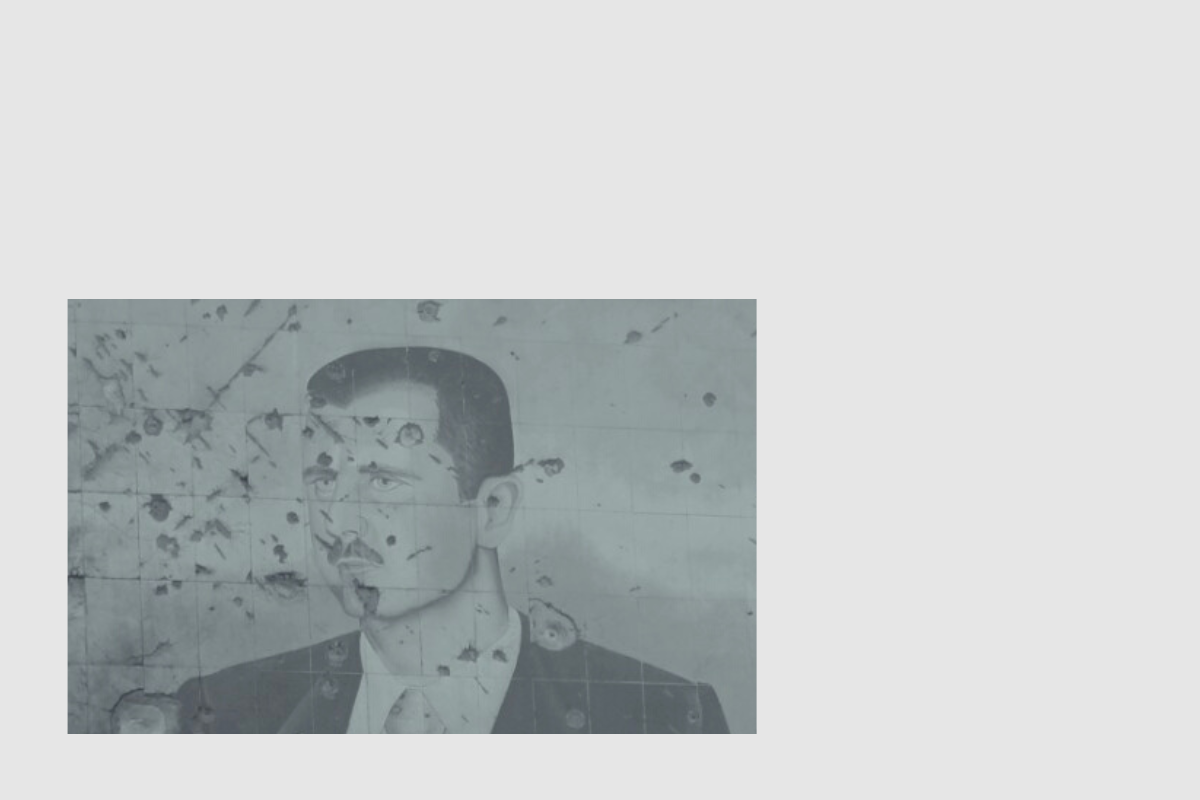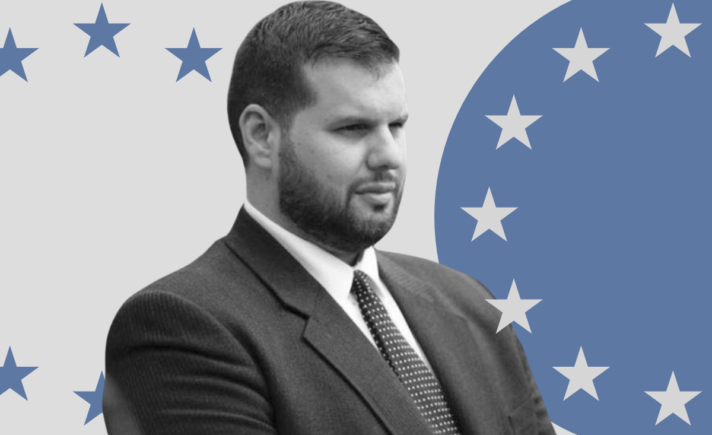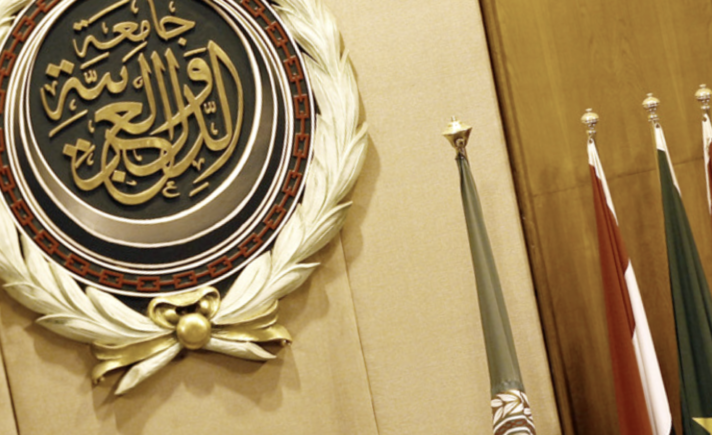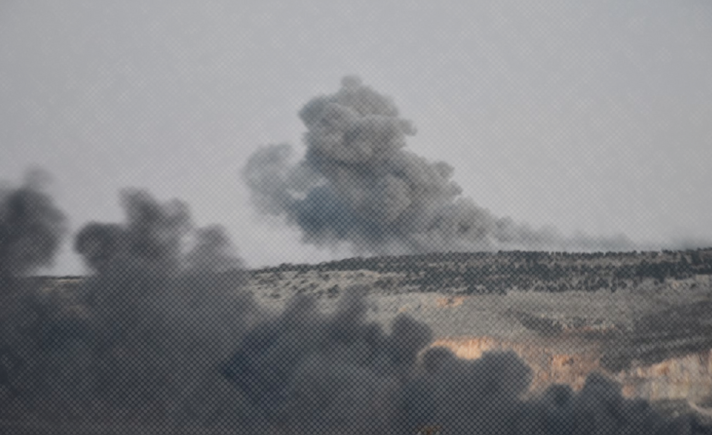We are reaching out to you on behalf of the «Don’t Suffocate Truth» campaign, an initiative founded by survivors of chemical weapon attacks in Syria, as well as Syrian activists who have been forcibly displaced or who have fled from oppression and imprisonment.
Our campaign emerged during the prolonged siege of Eastern Ghouta, where many of us were trapped for the fifth consecutive year. Amidst the relentless shelling and forced displacement we faced during our final days there, the Syrian regime launched a chemical weapons attack on Douma, a town in the Damascus countryside, on April 7, 2018. This was not the first time the regime had used chemical weapons. Prior to the Douma attack, the Assad regime had carried out dozens of similar attacks on civilians, the most significant being the Ghouta chemical massacre on August 21, 2013 — a tragedy now entering its tenth anniversary.
During that period, as we grappled with chemical attacks and forced displacement, we encountered scepticism, propagated by certain academic and journalistic circles. In the early stages of our forced displacement, we faced challenges in terms of limited resources, energy, and time to effectively counter this growing denialism and expose its proponents.
In our mission to uphold truth, ensure accountability, and prevent the recurrence of atrocities, we have committed ourselves — seeking refuge in other nations — to confronting the denialism surrounding the Assad regime’s use of chemical weapons in Syria. As survivors of these war crimes, we understand that denying these events not only extends the impact of the massacres but also justifies these actions, clearing those accountable – including the Syrian regime and its allies, namely the Russian state. This denial normalises their heinous acts and violence, allowing for their repetition without repercussions or accountability — both within Syria and beyond, across multiple conflicts and wars.
We consider this message to your university, which includes academics who have directly or indirectly contributed to the denial of the use of chemical weapons by Assad, as an accountability measure. This message originates from the credible and reliable sources of the massacre and is directed towards those who want to research and study it.
These academics, by denying the occurrence of the chemical massacres, engage in a form of cognitive violence against us Syrians who strive for freedom, justice, and democracy. This cognitive violence hinges on a complete disregard for the truth and the lived experiences of communities subjected to political oppression and suppression. They leverage their knowledge to access financial, academic, and networking resources. Furthermore, they invalidate the victims of these attacks, suggesting that victims are incapable of articulating their own experiences and suffering. This perpetuates the phenomenon of the ‘foreign expert’, someone presumed to be more knowledgeable about a nation’s affairs than its own residents, activists, thinkers, and survivors. Such actions contribute to the stigmatisation of victims who are framed within the context of counter-terrorism efforts and the refugee crisis, ultimately perpetuating racial stereotypes. We convey this message to you in order to advocate for the political competence and research abilities of Syrians.
We fear that denialism could reinforce anti-refugee policies, leading to racism and deportations. It reinforces the Syrian regime’s narrative that Syria is a safe country free from chemical weapons, barrel bombs, or detention facilities. Governments with discriminatory policies might exploit this reinforced narrative to justify deporting refugees or leaving them adrift in perilous refugee boats.
Certainly, the machinery of Russian propaganda, a cornerstone of Russia’s policy of occupation and intervention in Syria, has significantly contributed to denialism regarding the usage of chemical weapons. Both the Syrian regime and Russia were under no obligation to maintain a consistent narrative, as denialism does not require logic, empiricism, survivor accounts, or international investigations. Instead, it thrives on fostering chaos and sowing doubt. The denialist narrative has undergone a series of transformations that render it unrecognisable from its previous iterations. What began as outright denial was followed by claims that the victims gassed themselves, which later morphed into accusations that other nations targeted Syria with these weapons to justify their intervention. It has even delved into intricate technical details about the types of gases used and debates about the exact number of victims, alongside other deliberately unproductive debates.
The efforts to deny the use of chemical weapons went beyond mere propaganda. They were coupled with tactics that included intimidating witnesses and their families, manipulating graves and evidence, and exerting pressure on investigative committees.
As Syrian activists, intellectuals, and survivors, we faced all of this not only against a major imperialist state currently waging wars in multiple countries but also against academics in democratic countries who played a noticeable and disappointing role in whitewashing the crimes we have suffered, especially those related to chemical weapons.
At times, this denial arises from ideological biases that favour Russia and the Syrian regime, thereby legitimising their human rights violations under the guise of counter-terrorism or anti-imperialism. Proponents of these belief systems often overlook the reality that Russia is an imperialist nation engaged in wars in various countries. As a result, Syrians are reduced to mere tools for their intellectual triumphs against the United States and the West.
At other times, the denial is fueled by intellectual laziness and inadequate research despite the plethora of available sources. It also entails disregarding, perhaps intentionally, the voices of Syrians, including their intellectuals and direct witnesses of chemical weapons usage in Syria.
In light of this, we call upon your university to conduct a comprehensive examination of the colonial production of knowledge and the impact of denialism on those affected by these issues. This review is also crucial to prevent the erosion of trust in factual accuracy. We are entering an era where faith in the authenticity of facts is being eroded, propelling us towards a future where democratic values fade into obscurity under the weight of pervasive falsehoods.
We implore you to establish professional peer-review mechanisms for scrutinising the research, publications, and opinion pieces produced by your faculty members who have called into question the values of human rights and international law. This entails subjecting the works of academics who have engaged in denying chemical weapons attacks in Syria to rigorous evaluation by experts in the field. The objective is to curb the proliferation of research that reinforces narratives divorced from truth, safeguard academic freedom from being misused as a tool of violence and suppression against victims, and prevent its exploitation as a façade for concealing war crimes and normalizing complicity in acts of genocide.
We acknowledge that history, fueled by collaborative efforts of champions of truth and justice — both among Syrians and global activists within and beyond academic spheres — will etch these crimes and the stories of tens of thousands of victims and hundreds of thousands of witnesses into the world’s collective memory.
Kind regards,
The «Don’t Suffocate Truth» campaign





